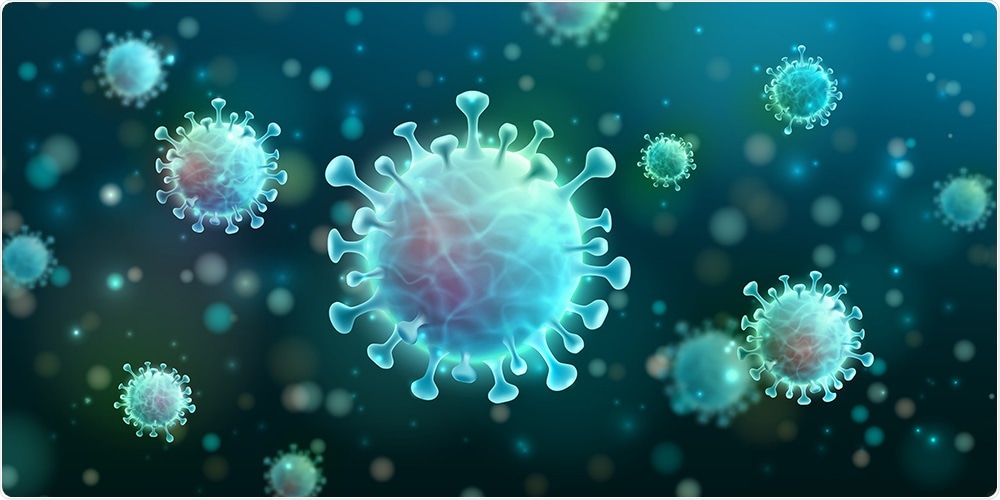Viruses seldom kill the cells they infect. Scientists from the University of Basel observed in experiments with mice that cells can self-heal and eradicate viruses. But these cells endure long-term changes. The observations may offer a hint on why patients who recovered from hepatitis C are highly susceptible to liver cancer for years after.

What traces do viruses leave in the body? Image Credit: fotomay/iStock.
Viruses require the body cell’s infrastructure to multiply. With most types of viruses, this eventually leads to the death of the affected cell if its membrane dissolves and the newly developed viruses swarm out to invade new cells.
However, certain viruses do not kill the cells they infect—probably to retain the infection for as long as possible. These include hepatitis B and C viruses, which elicit chronic infections in humans.
Until recently, it was mostly presumed that such viruses persist forever in the infected cells of the body. However, scientists headed by Professor Daniel Pinschewer from the University of Basel revealed in the Journal of Experimental Medicine that this is not so. Their research employed a mouse virus called lymphocytic choriomeningitis virus (LCMV), which causes a chronic infection in mice—akin to hepatitis C virus in humans—and also infects the liver.
Virus eliminated, but not without a trace
This model allowed the scientists to show that the virus vanishes from the affected liver cells after a specified time. It is still unclear how this happens. But the scientists were able to exclude the possibility that the cells require the support of immune cells to achieve this.
Liver cells seem to have their own mechanism for removing a virus from within.”
Dr Peter Reuther, Study Co-Lead Author, University of Basel
The chronic infection resulting from such viruses is due to the continuous infection of new cells.
In spite of the amazing self-healing power of cells, the infection does not leave them without leaving a trace. Detailed examination of the healed cells revealed that their genetic profile has been altered—the same genes were no longer read in the same quantity as in uninfected cells. This change specifically impacted genes related to cellular metabolism and cell division. It is still unclear how long these changes persist.
Parallels with hepatitis C
We see significant parallels with other studies of cured hepatitis C patients. Their formerly infected liver cells show changes in the genetic material that influence genetic programs. One could speculate that these long-term changes are one reason why cured hepatitis C patients have an increased risk of liver cancer.”
Dr Katrin Martin, Study Co-lead Author, University of Basel
This highly suggests that the observations in mice can be extrapolated to humans, at least in some specific aspects.
The scientists, in their further studies, intend to analyze if such changes in genetic programs also affect the cells of other organs succeeding temporary viral infections. Simultaneously, the researchers also aim to find out the mechanism through which the body’s cells manage to dispose of the viruses.
Two questions arise from a medical perspective. How can these viruses be prevented from spreading from cell to cell in a chronic infection and thus affecting a large number of cells? And is it possible to reverse the changes in the genetic profile and prevent subsequent damage?”
Daniel Pinschewer, Professor, University of Basel
Pinschewer further states that the question of long-term changes resulting from a viral infection also concerns other indications, like Covid and asthma.
Source:
Journal reference:
Reuther, P., et al. (2021) Persistent RNA virus infection is short-lived at the single-cell level but leaves transcriptomic footprints. Journal of Experimental Medicine. doi.org/10.1084/jem.20210408